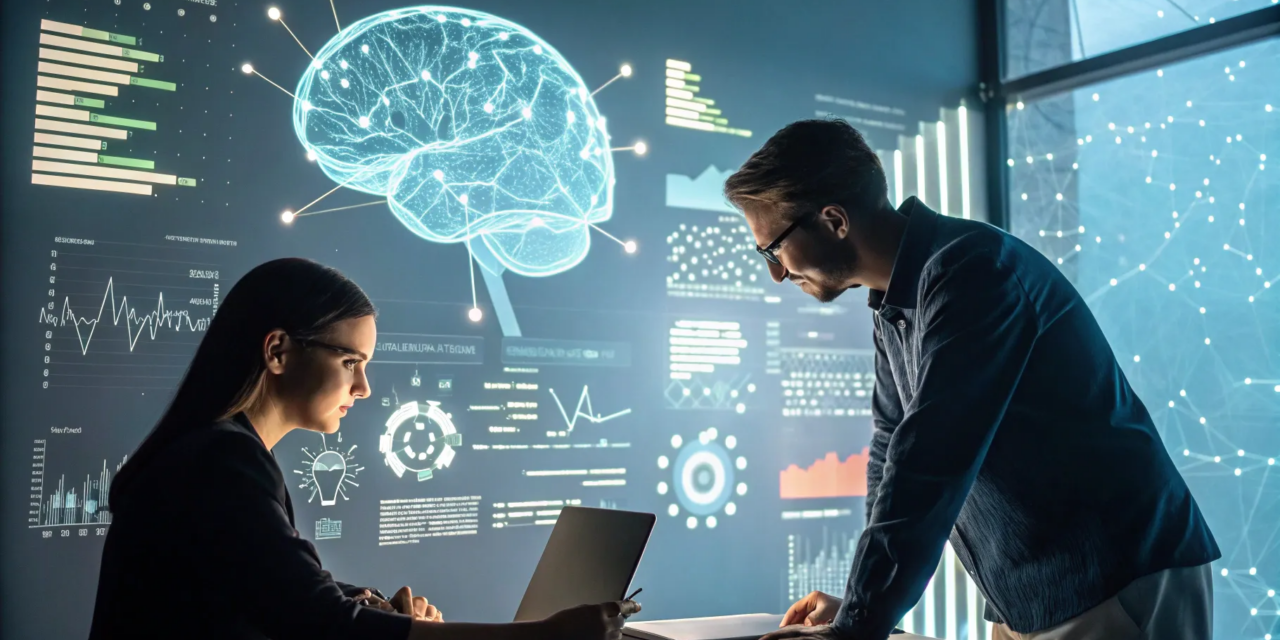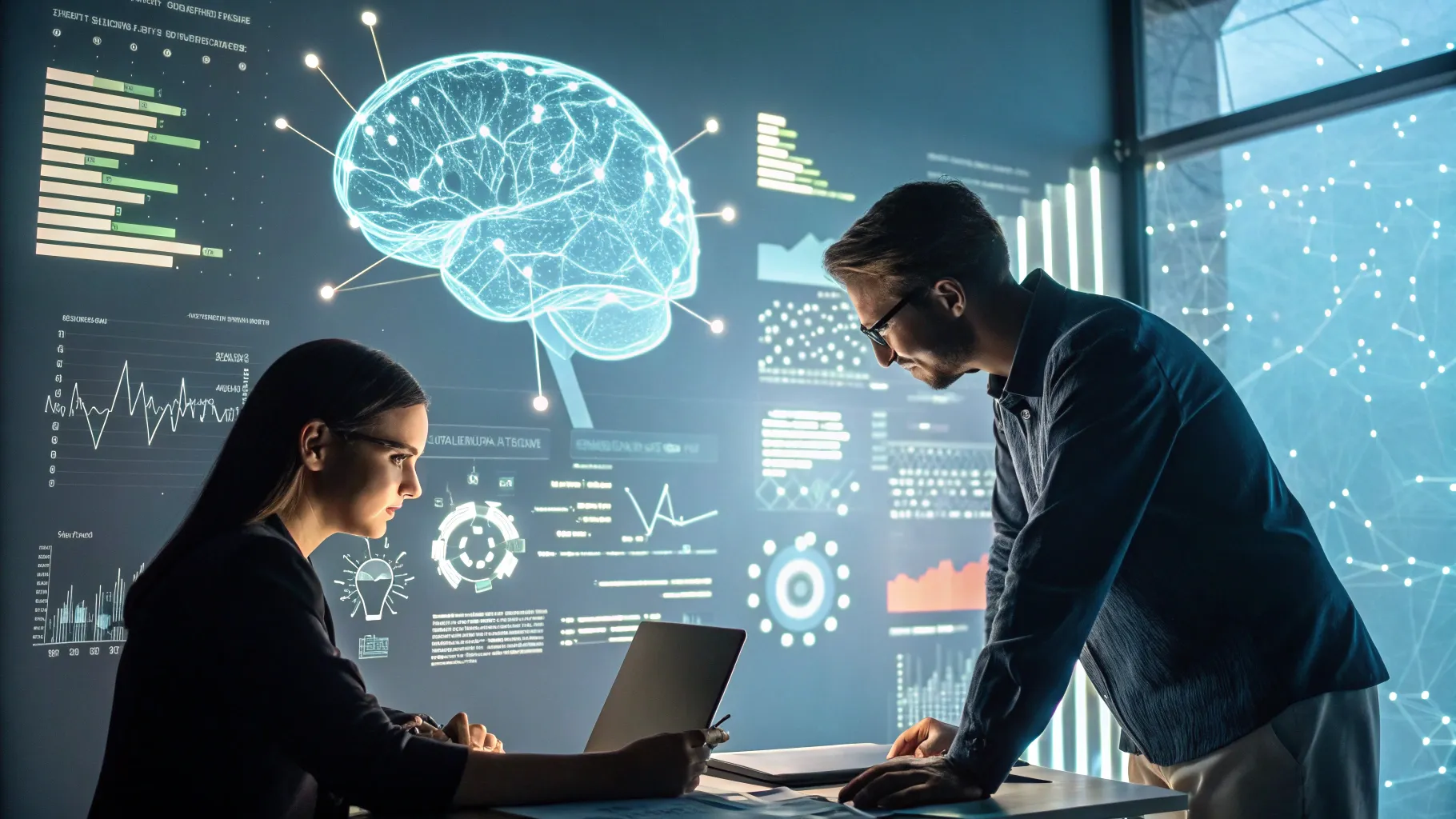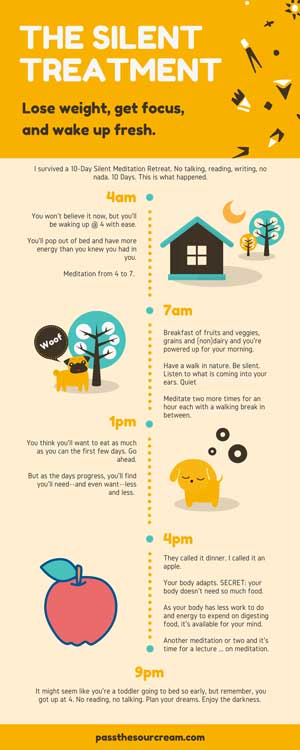
Can AI Help Us Make Better Decisions? 🤖


Decision making is a fundamental aspect of our lives, influencing everything from personal choices to business strategies. In a world teeming with information, the integration of artificial intelligence (AI) into our decision-making processes is becoming increasingly relevant. With AI’s ability to analyze vast amounts of data quickly, it poses the intriguing question: Can AI help us make better decisions? In this post, we’ll explore the intricate relationship between human decision-making and AI, drawing on insights from experts in the field.
Table of Contents
- Understanding Decision Making: The Human Perspective 🧠
- The Role of AI in Decision Making 🖥️
- Combining Human Intuition with AI Analysis 🔍
- Real-World Applications of AI in Decision Making 🌍
- The Future of Decision Making with AI 🚀
- FAQ Section ❓
Understanding Decision Making: The Human Perspective 🧠
To appreciate how AI can assist in decision making, we first need to understand how humans make decisions. Our brains operate using a combination of emotional and rational components. As Fiona Passantino points out, decisions are often initiated by our gut feelings, which are rooted in our evolutionary history as hunter-gatherers. When faced with a potential threat, our instincts kick in, prompting immediate reactions before our logical faculties can intervene.
This instinctual response is often more about survival than logic. For instance, if you hear a rustle in the grass, your brain doesn’t take the time to analyze whether it’s a harmless creature or a predator. Instead, it reacts swiftly to ensure your safety. This process illustrates that much of our decision-making happens subconsciously, driven by emotions and gut feelings.
Fiona elaborates that this emotional decision-making is not just limited to life-or-death situations. In business, executives frequently rely on their gut feelings to make significant decisions, such as entering partnerships or investing in new ventures. These gut feelings often encompass a wealth of subconscious information that may not be immediately quantifiable.

Photo by Aarón Blanco Tejedor on Unsplash
The Role of AI in Decision Making 🖥️
AI operates quite differently from the human brain. While humans rely on emotions, AI uses algorithms and data analysis to make decisions. AI can process vast datasets far beyond human capability, identifying patterns and trends that may not be immediately apparent. For instance, AI can analyze market trends, customer preferences, and historical data to recommend business strategies.
One of the key advantages of AI is its ability to generate decisions based on statistical probabilities. By analyzing past data, AI can predict future outcomes with a level of accuracy that often surpasses human intuition. This statistical approach can be particularly useful in fields such as finance, healthcare, and marketing, where data-driven decisions can lead to increased efficiency and profitability.

Photo by Matt Benson on Unsplash
Combining Human Intuition with AI Analysis 🔍
While AI has its strengths, it is essential to recognize its limitations. AI lacks the emotional intelligence that humans possess. It can analyze data and generate recommendations, but it cannot understand the nuances of human emotion or the complexities of social dynamics. Therefore, the most effective decision-making processes may involve a combination of human intuition and AI analysis.
For example, when faced with a significant business decision, an executive might use AI to analyze market trends and customer data while relying on their gut feeling to assess the potential risks and rewards. This hybrid approach leverages the strengths of both human intuition and AI’s analytical capabilities, leading to more informed decisions.
Fiona emphasizes that while AI can provide valuable insights, it should not replace human judgment. Instead, AI should serve as a tool that enhances our decision-making processes. By combining the emotional depth of human intuition with the analytical prowess of AI, we can achieve a more balanced and effective approach to decision making.

Photo by ZHENYU LUO on Unsplash
Real-World Applications of AI in Decision Making 🌍
Across various industries, organizations are increasingly integrating AI into their decision-making processes. In healthcare, AI can analyze patient data to identify potential health risks and recommend treatment options. In finance, algorithms can assess market conditions and execute trades at lightning speed, optimizing investment strategies.
Moreover, companies like Amazon and Netflix use AI to enhance customer experiences. By analyzing user behavior and preferences, these platforms can provide personalized recommendations that cater to individual tastes. This not only improves customer satisfaction but also drives sales and engagement.
In the realm of marketing, AI-driven tools can analyze consumer sentiment and predict trends, helping businesses tailor their strategies to meet evolving demands. This data-driven approach allows companies to stay ahead of the competition by making informed decisions based on real-time insights.

Photo by Maxim Tolchinskiy on Unsplash
The Future of Decision Making with AI 🚀
As AI technology continues to evolve, its role in decision making is expected to expand. Future advancements may lead to even more sophisticated algorithms capable of simulating human-like decision-making processes. However, it is crucial to address the ethical implications of relying on AI for critical decisions.
Concerns about bias in AI algorithms, data privacy, and the potential for over-reliance on technology must be carefully considered. As we integrate AI into our decision-making processes, transparency and accountability will be paramount. Organizations must ensure that their AI systems are designed and implemented ethically, prioritizing human values and societal well-being.
Ultimately, the future of decision making will likely involve a symbiotic relationship between humans and AI. By harnessing the strengths of both, we can navigate the complexities of our rapidly changing world more effectively.
FAQ Section ❓
Can AI make decisions without human intervention?
AI can automate decision-making processes, especially for data-driven tasks. However, the best outcomes often arise when AI supports human decision-making rather than replacing it entirely.
What are the limitations of AI in decision making?
AI lacks emotional intelligence and the ability to understand complex human dynamics. It can analyze data but may not grasp the nuances of certain situations, making human judgment essential.
How can businesses effectively integrate AI into their decision-making processes?
Businesses should adopt a hybrid approach, using AI to analyze data and generate insights while relying on human intuition and experience for final decisions. Training employees to work alongside AI tools is also crucial.
What industries benefit the most from AI in decision making?
Industries such as healthcare, finance, marketing, and e-commerce benefit significantly from AI’s analytical capabilities, enabling them to make data-driven decisions that enhance efficiency and effectiveness.
In conclusion, the intersection of AI and human decision making is a promising frontier, offering opportunities for enhanced insights and more effective strategies. As we embrace this technological evolution, let us ensure that we prioritize ethical considerations and maintain the invaluable human touch in our decision-making processes.
For organizations looking to explore the potential of AI in decision making, consider reaching out to Fiona Passantino. She inspires organizations with AI and strategy development, helping them harness the power of AI to strengthen their business.




























